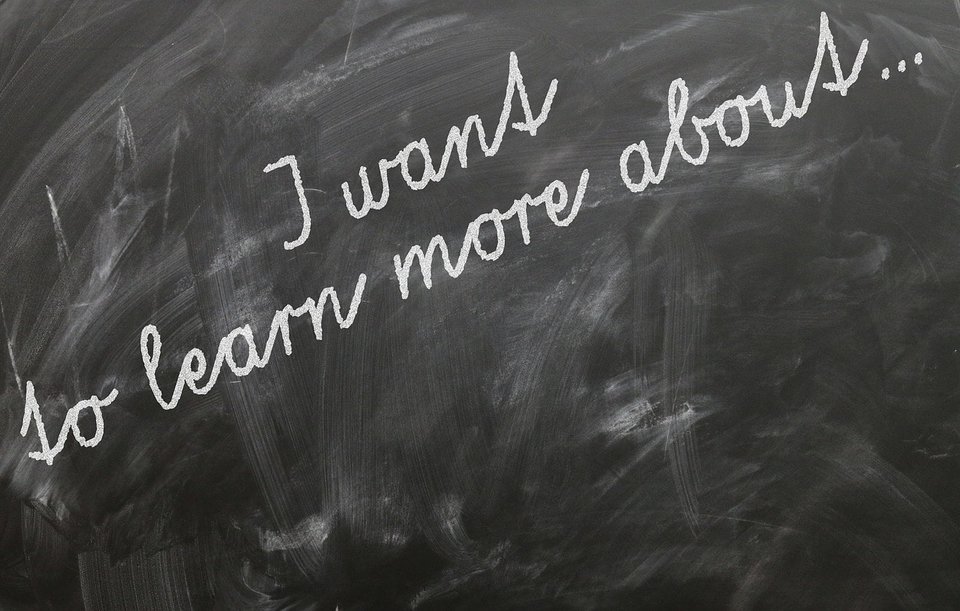
Have you ever sat through a training session and been bombarded with Powerpoint slides and lots of numbers? Was someone actually expecting you to learn from that experience? If you want to get smarter, follow these steps instead.
It takes time for an adult to learn and become adept at new skills. Adult learn by
1. layering new information on top of past experiences
2. making the information fit within their mental model
3. practicing using that information or new skill
4. revising the understanding of that skill based on lessons learned
5. practicing again until the skill becomes ingrained
That’s why an hour or more (heaven help us) of slides and someone talking does not result in an adult learning and applying new information. At best, an attendee might learn one thing, which is likely to be forgotten within 8 hours.
Want to get smarter? Follow these steps.
That is why you take a different approach if you really want to learn a new skill or teach it to someone else.
I’ll use this situation I was recently asked about. An introvert told me that she really wants to get better at talking to people and being involved. She said she’s always avoided networking events because she didn’t know how to talk to people. She was embarrassed and afraid. I’ll call her Paula in this exchange. The person she’s talking to is Ben.
I recommended Paula learn some questions that she can ask of anyone anywhere. These questions are designed to get the other person talking. Paula can listen, nod occasionally, and show other signs of being attentive. This step is critical for introverts, who would much rather listen than talk.
I gave Paula these questions to ask, courtesy of Boaz Rauchwerger.
Upon meeting Ben and reading his name tag, Paula can ask:
“Hi, Ben. Where are you from originally?” That immediately gets Ben talking about himself and where he grew up.
“What brought you to Atlanta/this event?” Again, Paula will learn more about Ben and why he is in Atlanta or at this event.
“Do you have a family?” Ben will, of course, talk about his family.
At the end of the networking event, Paula will have explored what it’s like to ask questions of strangers. She will probably have experienced what it’s like to be more relaxed talking to someone she doesn’t know. Hopefully she will have tried the questions on more people than just Ben.
As she reflects on this experience, she realizes that she CAN do networking—it just has to be done in a way she can tolerate.
At her next networking event, she can practice asking questions again. I encourage people to try this skill in non-threatening situations: at the grocery store, with a waiter at dinner, with your Uber driver. Practice your new skill in a situation where you won’t lose your job if you make a mistake.
Based on what she’s experienced, Paula can come up with questions on her own, ones that she can use to start conversations with strangers. She can also come up with new questions to ask Ben and her other new best friends that she has made at networking events.
After practicing these steps over a few months or at several events, Paula will be more comfortable talking to strangers. Does this mean she’ll love going to networking events? That may never happen. But at least she will know that she has learned, practiced, adapted, and internalized these new skills. She can do it.
Want to get smarter? Whatever you want to learn to do, you need to put such a process in place. Reading about a skill—such as time management—is great. But if you don’t practice and apply what you learn, you may as well have read the comics.